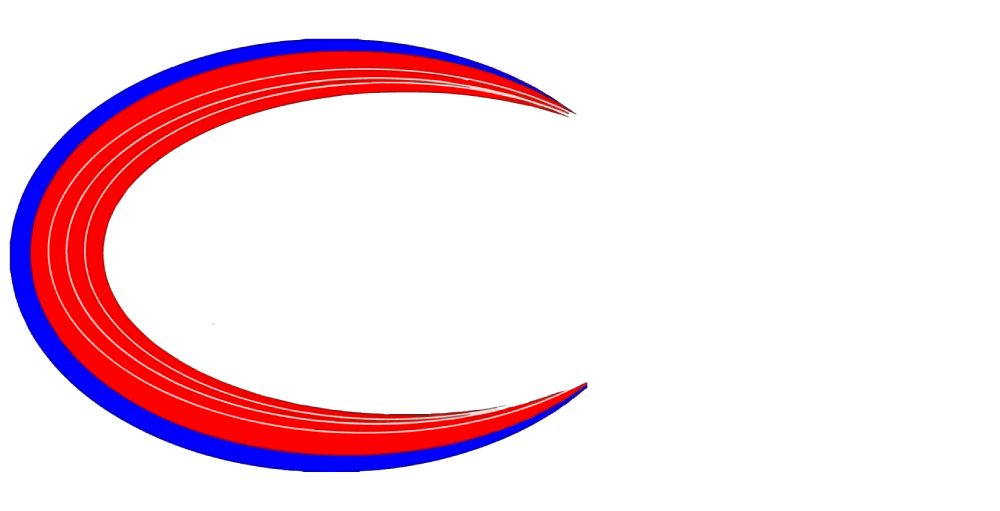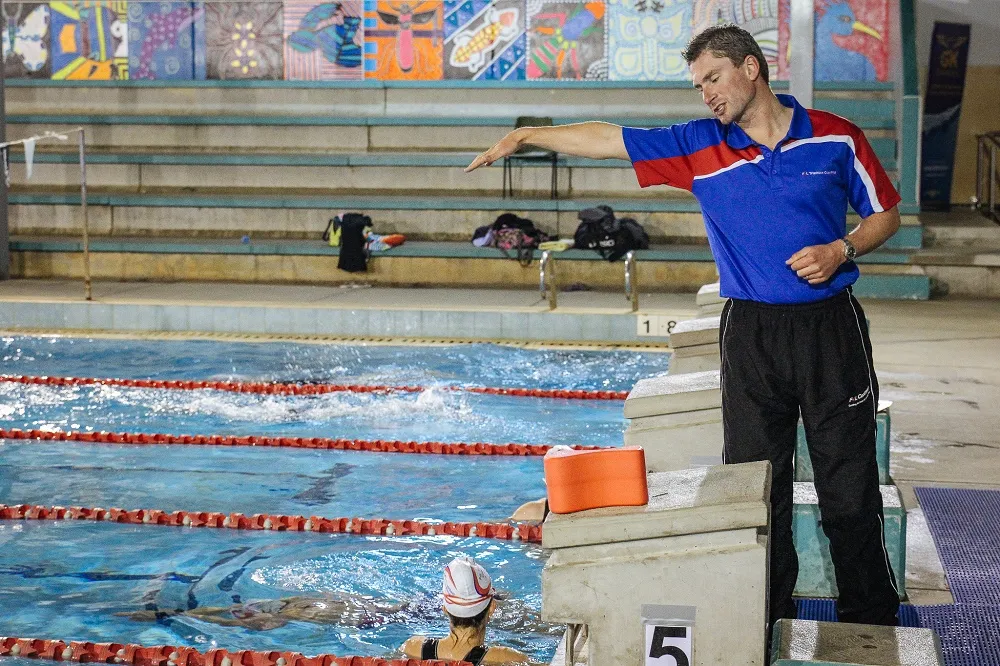 I am passionate about my coaching. I am passionate about Triathlon. I believe I am a good coach, I want to be an excellent coach. I don’t claim to be a Brett Sutton, Joel Filliol, Darren Smith, Siri Lindley or Dave Scott… in my eyes they are legends in Triathlon coaching and I aspire to be like them. The coach athlete relationship goes both ways.
I am passionate about my coaching. I am passionate about Triathlon. I believe I am a good coach, I want to be an excellent coach. I don’t claim to be a Brett Sutton, Joel Filliol, Darren Smith, Siri Lindley or Dave Scott… in my eyes they are legends in Triathlon coaching and I aspire to be like them. The coach athlete relationship goes both ways.
Maybe I am wrong, but, I believe the point of asking a coach to deliver your training program is because you need the following to help you, as a triathlete, improve:
- Expertise in setting a specific program
- Independent and objective analysis of your performances both in training and races
- Someone to offer guidance and support through issues which will affect your training
I also believe that for a coach / athlete relationship to work the athlete must:
- Respect and trust the coach
- Listen and adhere to any advice given
- Believe in the program which the coach has set
- Follow the program which has been set
- Provide regular feedback to the coach

Finally, as a coach I must:
- Listen to the athlete
- Remain objective
- Understand particular issues
- Draw on my experience and the experience of other coaches
- Believe in myself and what I am doing
- Ask questions and learn from the right people
- Be supportive, positive, fair and realistic
- Communicate with the athlete
Of course this list could go on and on... coaches do so much more than just coach: mechanic, pack horse, marriage councilor, psychologist, nutrition guidance, masseuse, taxi driver, travel agent and training partner to name a few.
I work hard, to make sure that every single athlete is treated equally and fairly during sessions. I also give back what the athlete puts in, so they get as much out of me as they want or need. I guarantee their training programs are there waiting for them every week, every day. I guarantee to respond to messages... I endeavour to be on the pool deck, at the track or ready to ride 15 minutes before the session...
I encourage my athletes where-ever possible. I try to be positive when-ever possible. But… I am also realistic and honest. If something goes wrong and the athlete has a rubbish performance or makes a mistake, I need to relay that.
I am not going to say, "You did well" if you didn't.
I beat myself up, if one of the athletes I coach doesn’t perform. Why? Simple, because I am passionate about what I do and I play a lead role in that athlete's triathlon journey. It was us (the athlete and I) who set out on the journey to achieve, no one made us do it! It was my role to help our little team (the athlete and I) achieve the goal, and if they don’t perform, I see it as my fault. I have let them down. I have let the team down. I am accountable.
From a coaching perspective: nothing makes me happier than when an athlete executes their race plan faultlessly, or an athlete delivers consistently in training... I do like seeing green in Training Peaks. I love it when our targets are achieved.
On several occasions, I have had to tell athletes that I would not coach them anymore. I hated doing it. Its shit... coaching should never be about power over the athlete... we are a team... this did not give me pleasure. It hurt and it sucked.
Why did I refuse to carry on working with an athlete?
Simple, if I am going to work hard for individual athletes, if I am going to spend hours writing and delivering sessions for the athlete to help get the best out of themselves…
…then I expect the athlete to do the same for me, work hard and listen to what I ask them to do. Otherwise, quite simply it does not work. If the athlete changes the program without consultation then why did I bother writing the thing initially? If an athlete does an event without telling me, how can I realistically set a program to help them develop? There will be additional fatigue, they won't be prepped properly, which will lead to frustration, injuries or illness or both!
If an athlete doesn’t follow the session as prescribed, then they have defeated the object of the session. That session fits part of the bigger picture. Do it too hard, you’ll pay later in the week for example. Ignore the what the coach tells them to do in training and you will fail in a race.
If an athlete doesn’t follow the program and it goes wrong, who gets the blame?
 The coach! But, the athlete did not do what the coach had asked… yet the coach remains accountable.
The coach! But, the athlete did not do what the coach had asked… yet the coach remains accountable.
If an athlete has been told to do a particular skill in a certain way, there will be a reason - perhaps safety or consistency, long term development, speed or performance... if the athlete then chooses to do it 'their' way and it goes wrong, and then get injured or have an accident... somehow, this is still the coach's fault. I will not want to be held accountable for that. This may seem strict and over the top, but in these circumstances it is the coach's reputation on the line.
Balanced, Sustainable and Consistent Training
At F4L Triathlon Coaching we write plans, deliver coached sessions and a whole heap more for our athletes. The coaches give their best and do our utmost to make it enjoyable, yet help you get the best out of yourself. Its not just a training session written on the board, this is real coaching and its bloody hard work... but it is also a lot of fun. F4L athletes inspire each other the world over... we want the best for all our athletes... but we can only do that if the athlete gives their best in return.
There is a reason that some athletes 'take off' and achieve their goals. Be it getting to Hawaii, getting a medal at the ITU World Age Groups, qualifying for the IRCs, a personal best at a half ironman or ironman... perhaps simply completing their event... these athletes all have several things in common: motivation, determination, camaradarie, inspiration, positivity and belief they can achieve their goal. These are values we instill into our athletes. If an athlete finishes a training set or a race, they hang around and support the other athletes following them in.
At F4L we encourage the athletes to STICK TO THE PLAN… it is THEIR PLAN for heaven’s sake.
For more information about our training sessions then CLICK HERE
Triathlon Training Camp

FROM £879 - 1st to 8th October 2022
Our Triathlon Training Camp will be held in Colonia de Sant Jordi, Mallorca. The camp is suitable for all athletes. Sessions will be adapted to suit individuals, its an amazing place to swim. Colonia also boasts some beautiful open water swimming.
Group rides will be scenic and social. There are some really cool monastery climbs like the Randa and San Salvador. This part of Mallorca is perfect for triathlon training.
Colonia has a beautiful selection of running trails, there are a number of marked routes of various lengths. Colonia de Sant Jordi also has a new, 400m six-lane running track.
This one week camp offers a comprehensive and balance programme of training across all three triathlon disciplines with an emphasis on Swim Technique.
"I really enjoyed the week, the swim coaching was excellent. As I’ve a long way to go to get better, a real positive for me was focusing on a number of key things, rather than overloading me with everything that’s incorrect. Already feeling more in control / quicker in the pool" (John)

Paul is a Professional Triathlon Coach. Passionate about the sport of Triathlon. Paul empowers athletic achievements with quality individualised bespoke triathlon coaching.
Coach Paul is a British Triathlon Federation Level 3 Coach and a Triathlon Australia Performance Coach.
He is also an IRONMAN Certified Coach and a Level 2 Training Peaks Coach. F4L Triathlon Coaching offers triathletes and other endurance athletes a full coaching and training service that caters to all levels of triathletes. F4L offers professional triathlon and endurance coaching and the reliability triathletes and endurance athletes require. Each athlete is an individual, every athlete has different needs.


